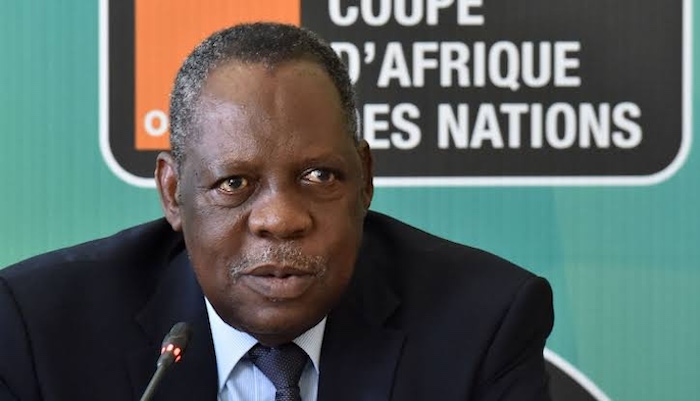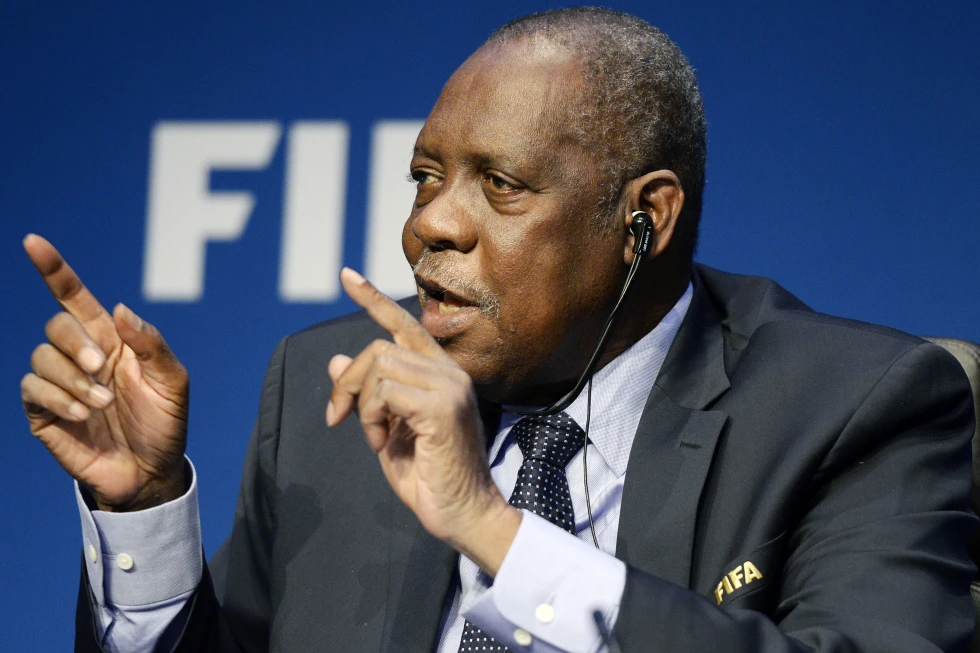Issa Hayatou, the influential leader who shaped African soccer for decades and briefly served as interim president of FIFA during its 2015 corruption crisis, passed away on Thursday at the age of 77.

FIFA President Gianni Infantino expressed his condolences in an Instagram post, stating, “Saddened to hear of the passing of former CAF president, former FIFA president and interim, FIFA vice-president and FIFA Council member Issa Hayatou. A passionate sports fan, he dedicated his life to sports administration. On behalf of FIFA, condolences go to his family, friends, former colleagues and all who knew him. Rest in peace.”
Hayatou’s contributions to global sports extended beyond soccer. He was also a member of the International Olympic Committee (IOC) for 15 years, from 2001 to 2016, and continued to hold an honorary membership until his death. Hayatou passed away in Paris, a city bustling with activity as it prepares to host the Olympics.
Although Hayatou was a national champion runner in track and field, his true legacy was forged in soccer, where he rose to prominence and wielded significant influence from his native Cameroon. He was elected to lead the Confederation of African Football (CAF) in 1988, a position he held for nearly three decades. Within four years of his election, Hayatou became a vice president of FIFA, marking his ascent to the upper echelons of global sports administration.

In 2002, during a period of deep financial and political turmoil at FIFA, Hayatou challenged then-president Sepp Blatter in a fiercely contested election. Despite strong backing from African and European federations, Hayatou lost the election by a margin of 139-56 votes.
Hayatou’s leadership was called upon again in 2015 when FIFA was embroiled in an international corruption scandal that led to the downfall of several top officials, including Sepp Blatter. Hayatou stepped in as interim president, guiding FIFA through a turbulent period and steering efforts to reform and restore the organization’s reputation.
Hayatou’s impact on African and global soccer was profound, and his death marks the end of an era for the sport. He dedicated his life to the growth and development of soccer, leaving behind a legacy that will be remembered by many across the world.
Associated Press report



